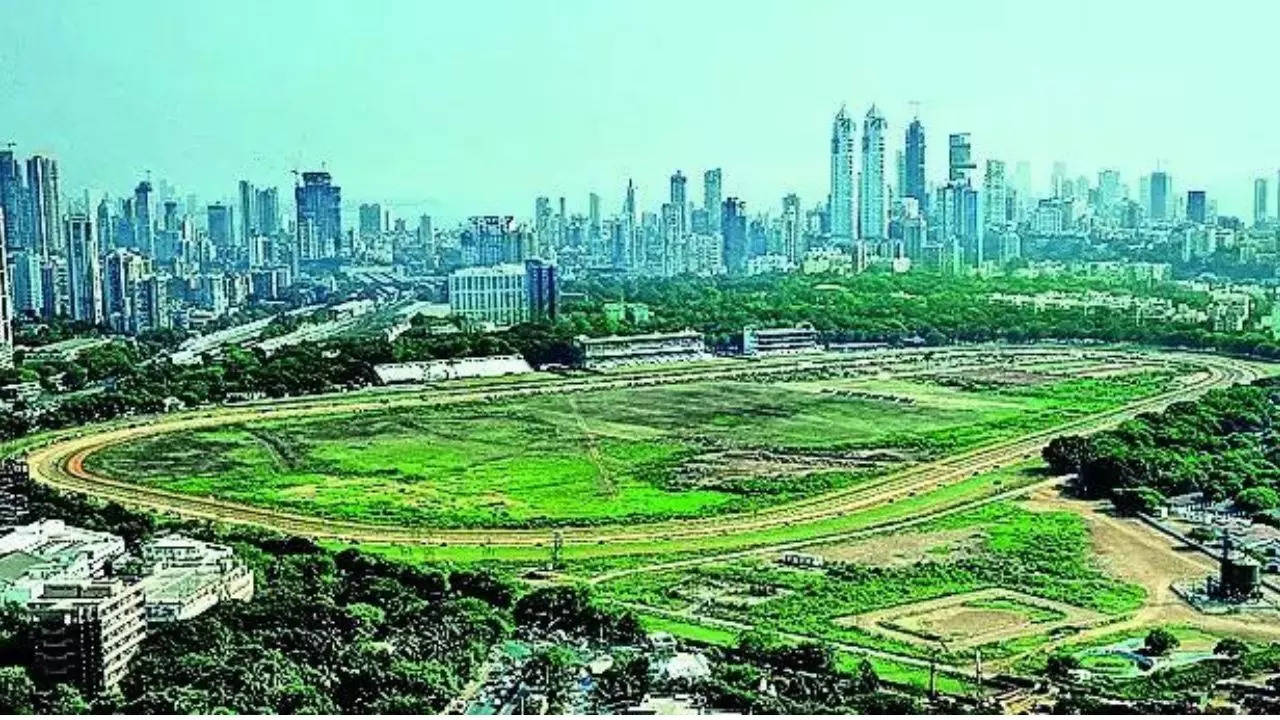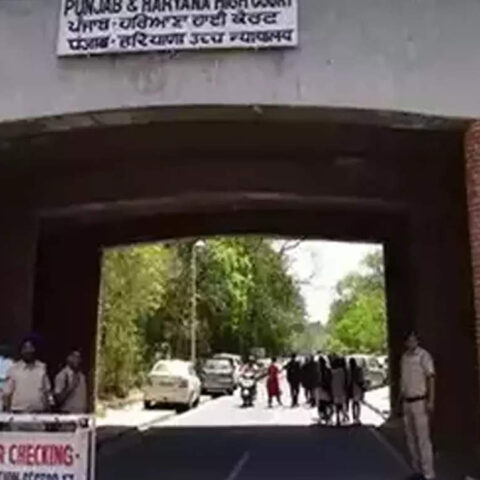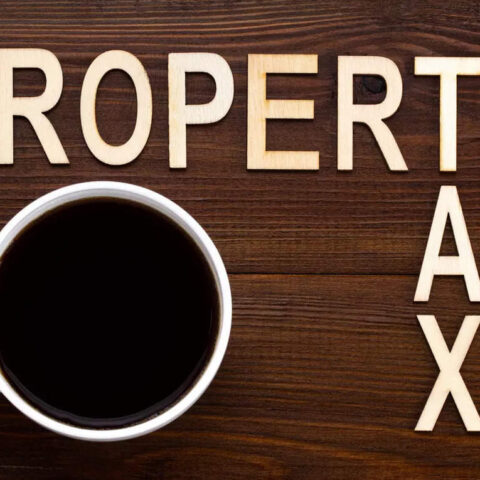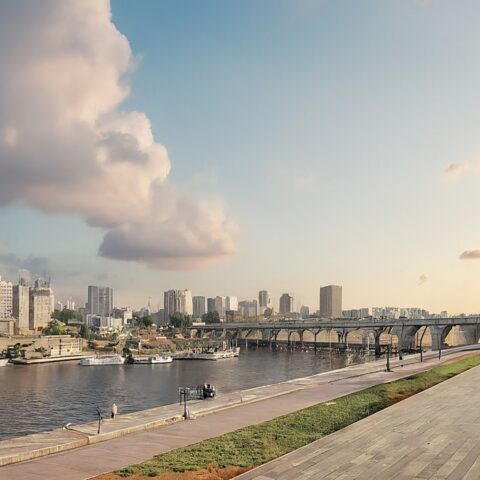
Realty developer Kanakia Spaces has entered into two separate agreements to undertake redevelopment of two large housing societies spread over a 3.3-acre land parcel in Mumbai’s western suburb Borivali with an investment of over Rs 1,100 crore, said persons with direct knowledge of the development.
These projects hold development potential of over 1.2 million sq ft including rehab saleable 6 lakh and are estimated to have gross development value of over Rs 1,500 crore.
Through these agreements, the company has secured rights to redevelop these two housing societies spread over adjacent land parcels measuring 2.02 acres and 1.31 acres in Borivali’s Govind Nagar locality.
The value of these agreements is Rs 208 crore and the company has paid stamp duty worth Rs 11.40 crore for the registration that took place on September 12, showed the documents accessed through realty data analytics firm CRE Matrix.
Both the housing societies currently have a total 400 residents across seven buildings that will be redeveloped into a premium residential project.
“The company is currently in the process of securing civic authorities’ approvals for the project and is expected to start the work in the next six months. The entire project is likely to be completed in around four years after that,” said one of the persons mentioned above.
ET’s email query to Kanakia Spaces remained unanswered until the time of going to press.
Kanakia spaces has so far developed over 20 million sq ft across residential, offices and hospitality segments across Mumbai and is currently working on projects spread over around 1.5 million sq ft.
Real estate projects involving the redevelopment of old housing societies and rehabilitation are the mainstay of the Mumbai region’s property market, as the land-starved city and its peripheral areas have few vacant land parcels.
Mumbai’s redevelopment property market is currently witnessing a significant activity as older buildings and chawls are being replaced with modern high-rise apartments. With the city’s space constraints and aging infrastructure, redevelopment has become a popular solution to maximize land use and revitalize neighbourhoods.
Developers are keen to tap into prime locations where old structures are situated, offering residents upgraded homes in exchange for vacating the premises during construction. Government incentives, such as relaxed floor space index (FSI) norms, have also encouraged developers to undertake these projects.
However, challenges like project delays, disputes among tenants, and regulatory hurdles still pose risks. Despite these issues, Mumbai’s redevelopment market remains an attractive investment option due to the city’s ever-growing demand for housing and limited land availability.









